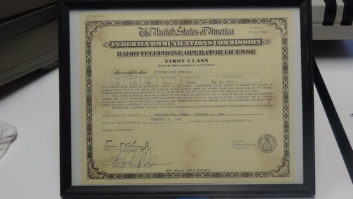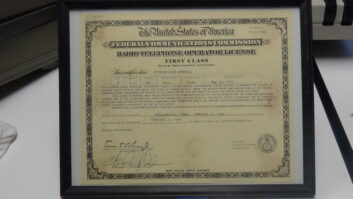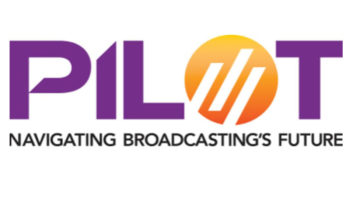WGBH will be keeping its license, not that this ever seemed in serious doubt. Further, the FCC isn’t going to start policing radio format changes.
That’s the upshot after a group of Boston community radio activists were handed a defeat. The FCC has declined to re-review a third request to deny a license to one of Boston’s largest noncommercial FM stations.
The Committee for Community Access, a group of listeners in the Boston metropolitan area, last year petitioned the FCC to deny the renewals of two public radio broadcast licenses held by the Boston-based WGBH Educational Foundation: station WGBH(FM), one of the largest in the market, and WCRB(FM), a lower-power signal.
The primary issue was of format change and diversity, with the CCA specifically alleging that station WGBH relegated its classical music programming to lower-power station WCRB and that it abandoned its long-standing all-night jazz broadcast after soliciting annual memberships in a jazz and classical club.
According to the CCA, the “near-total expungement of music from the airwaves” of WGBH was done to transform the station into a full-time news and talk station, and therefore limited format diversity in the Boston area. Listener letters sharing similar concerns were also submitted to the FCC.
In its complaint, the CCA called on the commission to “hold public radio licensees to a higher standard than commercial licensees” when it comes to adequately serving the listening public with diverse format options. The CCA also asked that the commission reconsider its Format Policy, saying that alleged “market failures” call for the commission to revisit the issue, and that listeners have a “First Amendment right to be served,” the CCA said.
The FCC’s Format Policy states that market forces and competition determine the formats of individual radio stations, not the commission itself.
“The Committee for Community Access calls upon the commission to use the licensing proceedings to reconsider, with Boston as a case study, its Format Policy Statement, and reverse or modify it, or establish some alternative mechanism to allow members of the public to petition for the provision of entertainment formats that the market has continually refused to even attempt to serve,” the March 2014 letter stated.
“The point is that radio licensees have not provided diversified choices to serve varied audiences,” the letter continued.
The FCC countered by saying — as it has many times before — that it does not regulate programming, nor does it take potential changes in entertainment programming formats into consideration in reviewing license renewal applications.
The agency also declined to reconsider its Format Policy. “When addressing matters of broad applicability, the commission has preferred utilizing rulemaking proceedings and policy statements rather than fact-specific adjudicatory proceedings to give guidance and reasonable notice to licensees on going forward requirements,” the ruling said.
“The Supreme Court has considered and rejected [the right to be served] argument,” the FCC also stated.
The commission also found that the two stations have served the public interest and committed no serious violations of the Communications Act or FCC rules, which are the primary red flags when it comes to considering license renewals.











